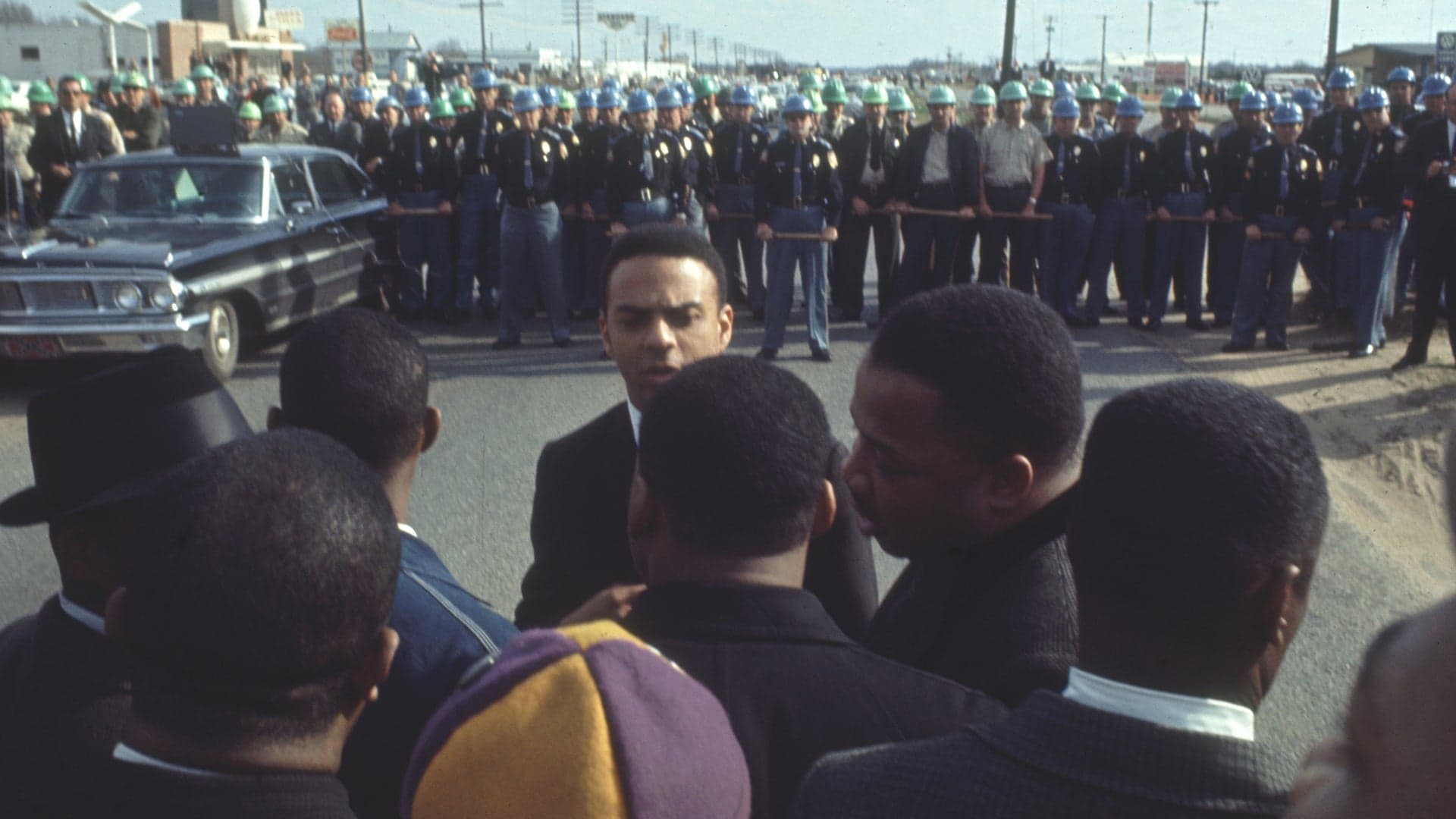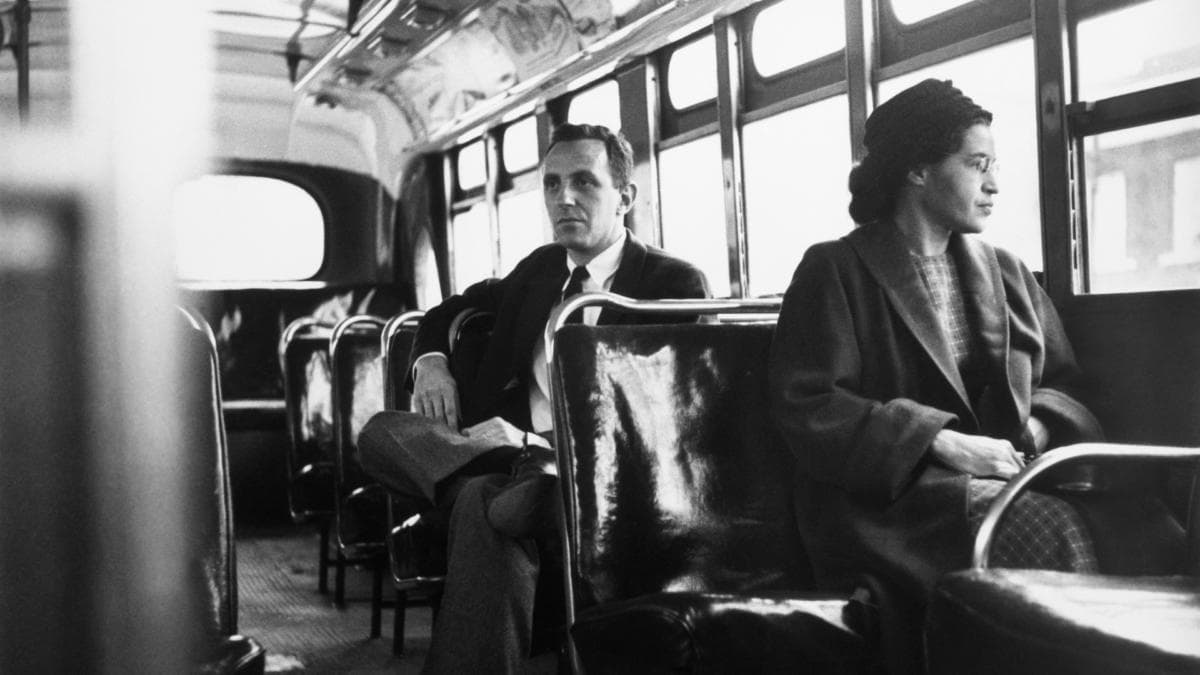
TIM MAGUIRE

TIM MAGUIRE

On July 2, 1964, U.S. President Lyndon B. Johnson signed
into law the historic Civil Rights Act in a nationally televised
ceremony at the White House.
The most sweeping civil rights legislation passed by Congress
since the post-Civil War Reconstruction era, the Civil Rights
Act prohibited racial discrimination in employment and
education and outlawed racial segregation in public places
such as schools, buses, parks and swimming pools.




On March 20, 1965, President Lyndon B. Johnson notified
Alabama’s Governor George Wallace that he will use federal
authority to call up the Alabama National Guard in order to
supervise a planned civil rights march from Selma to
Montgomery.

President Lyndon B. Johnson meets with Martin Luther
King, Jr.






Henry Louis Aaron (February 5, 1934 – January 22, 2021)
Nicknamed "Hammer" or "Hammerin’ Hank", was a professional
baseball right fielder who played 23 seasons in Major League
Baseball from 1954 through 1976.
Considered one of the greatest baseball players in history, he
spent 21 seasons with the Milwaukee /Atlanta Braves in the
National League and two seasons with he Milwaukee Brewers
in the American League.
At the time of his retirement, Aaron held most of the game’s key
career power-hitting records. He broke the long-standing MLB
record for career home runs held by Babe Ruth and remained
the career leader for 33 years, until Barry Bonds surpassed his
famous total of 755 in 2007.

In Montgomery, Alabama on December 1, 1955, Rosa Parks was
jailed for refusing to give up her seat on a public bus to a white
man, a violation of the city’s racial segregation laws.
The successful Montgomery Bus Boycott, organized by a young
Baptist minister named Martin Luther King Jr., followed Park’s
historic act of civil disobedience.
“The mother of the civil rights movement,” as Rosa Parks is
known, was born in Tuskegee, Alabama, in 1913.
She worked as a seamstress and in 1943 joined the Montgomery
chapter of the National Association for the Advancement of
Colored People.



Martin Luther King Jr. (1929 – April 4)

Rosa Louise McCauley Parks (1913 – 2005)